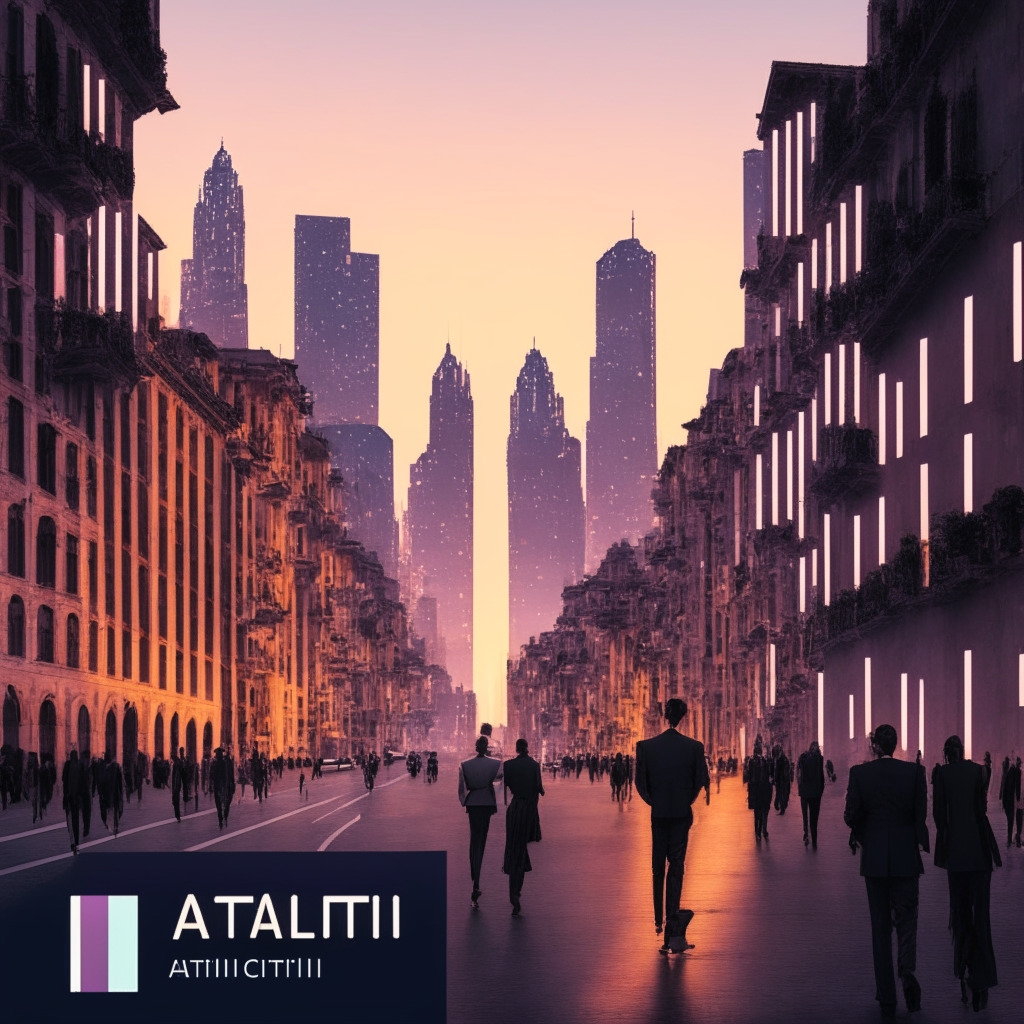Italy continues to grapple with the impact of artificial intelligence (AI) on its workforce, as government officials allocated 30 million euros ($33 million) on May 15 for individuals at risk of losing their jobs to automation. This funding will go towards the Fondo per la Repubblica Digitale (FRD), which aims to enhance the capabilities of the unemployed and those whose livelihoods are threatened by AI-driven technology.
The FRD, originally established by the Italian government in 2021, seeks to promote digital skills and accelerate the nation’s digital transition. A significant 54% of Italians aged 16-74 lack basic digital competencies compared to the European Union (EU) average of 46%. The recent allocation prioritizes the unemployed, earmarking two-thirds of the total amount to improve their digital abilities, while 10 million euros will be allocated to those already at risk of AI replacement. Industries targeted for assistance include transport and logistics, office and administrative support, production, services, and the sales sector.
This announcement follows a recent incident in Italy where regulators temporarily banned AI chatbot ChatGPT, after a data breach exposed user data. In response, Italian officials demanded greater transparency from OpenAI, the company behind ChatGPT, and imposed strict guidelines before lifting the ban. ChatGPT was allowed to resume operations on April 29, nearly a month after its initial suspension.
Though the ban lasted only a month, it sparked a global conversation surrounding AI policy. German authorities launched an inquiry into ChatGPT’s GDPR compliance, and the EU is currently considering its first set of regulations for AI, dubbed the AI Act. The outcome of these efforts could have far-reaching implications for the adoption and management of AI technologies moving forward.
In a world where trust in AI is vital, the question of whether blockchain can improve such trust becomes increasingly pressing. Given its decentralized nature and its ability to ensure data integrity, transparency, and traceability, blockchain could potentially offer a trustworthy framework for AI applications. However
Source: Cointelegraph




